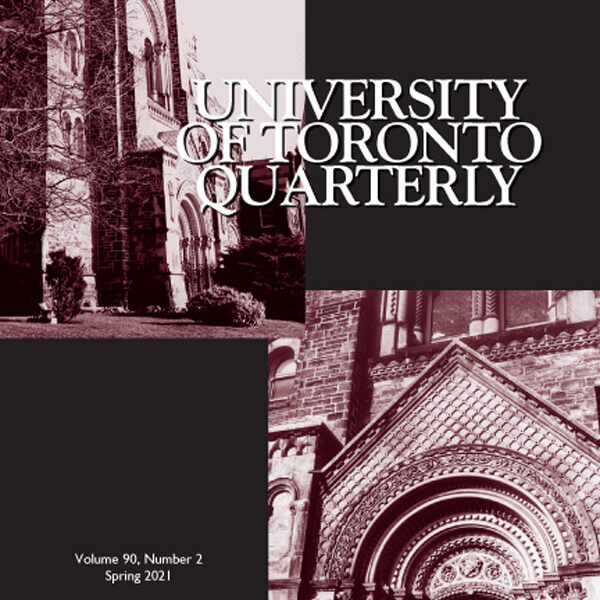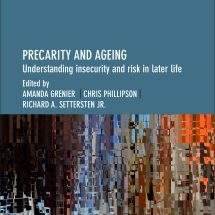At present, there is little information about how precarity and precarious conditions carry out into late life. Our position is that policymakers and program managers require information that is grounded in empirical results, including feedback from practitioners/stakeholders and the narratives of older people. Research data on precarity & aging from this project will provide insight into the life trajectories of older people, outline the service barriers that exist for people ‘aging precariously’ with regards to low-income, ability and status in order to broaden existing understandings of these trajectories in scholarly research and social programming. An improved awareness of older adults’ experiences and the needs that occur at the intersections of precarious aging, can for example, help find solutions for better access to and or suggest changes with regards to institutional resources in health and social care. Research results will inform the fields of social gerontology and social work as well as provide suggestions to better equip policy makers and practitioners to address the unique needs of Canada’s older population.
Research Findings
A variety of research findings / outcomes from the project can be found below, including blog posts, tool kits, journal articles, conference contributions, project success stories, and more.
New materials are uploaded regularly, so be sure to check back often for updates.
To view the project CV, download it here.
Don’t see what you’re looking for? Contact us.
Precarity and Aging: A Scoping Review
The concept of precarity holds the potential to understand insecurities and risks experienced by older people in the contemporary social, economic, political and cultural context.
Precarity and ageing: Understanding insecurity and risk in later life
Kobayashi, K. & Khan, M. Precarity, migration and ageing. In A. Grenier, C. Phillipson, & R. A. Settersten (Eds.), Precarity and ageing: Understanding insecurity and risk in later life (pp. 115-146). Bristol: Policy Press https://policy.bristoluniversitypress.co.uk/precarity-and-ageing Grenier, A., Phillipson, C., & Settersten, R. (2020). Precarity, risk and insecurity: An introduction. In A. Grenier, C. Phillipson, &…
Vieillissement « actif » ou « précaire » : du pouvoir d’agir aux âges avancés
Publication: De nouvelles approches pour comprendre l’agentivité et le renforcement du pouvoir d’agir au grand âge Citation: Phillipson, C. (2018). Vieillissement ‘actif’ ou vieillissement ‘précaire’: De nouvelles approches pour comprendre l’agentivité et le renforcement du pouvoir d’agir au grand âge. Gérontologie et société, 157(40).
The conspicuous absence of the social, emotional and political aspects of frailty: The example of the White Book on Frailty
Over the last 15 years, frailty has become a dominant discourse on late life. Taken-for-granted knowledge and practice can be seen in initiatives such as the International Association of Gerontology and Geriatrics’ White Book on Frailty. This paper begins with an overview of key themes on frailty from the biomedical literature, followed by critical literature in the social sciences and humanities.
Precarity in late life: rethinking dementia as a ‘frailed’ old age
Book Chapter: Precarity in late life: Rethinking dementia as a ‘frailed’ old age Abstract: Approaches to ageing that are organised around productivity, success, and active late life have contributed to views of dementia as an unsuccessful, failed or ‘frailed’ old age. Operating through dominant frameworks, socio-cultural constructs and organisational practices, the ‘frailties’ of the body…
Precarity and Ageing: Understanding Insecurity and Risk in Later Life
Publication Name: Precarity and Ageing: Understanding Insecurity and Risk in Later Life Abstract: What risks and insecurities do older people face in a time of both increased longevity and widening inequality? This edited collection develops an exciting new approach to understanding the changing cultural, economic and social circumstances facing different groups of older people. Exploring…









